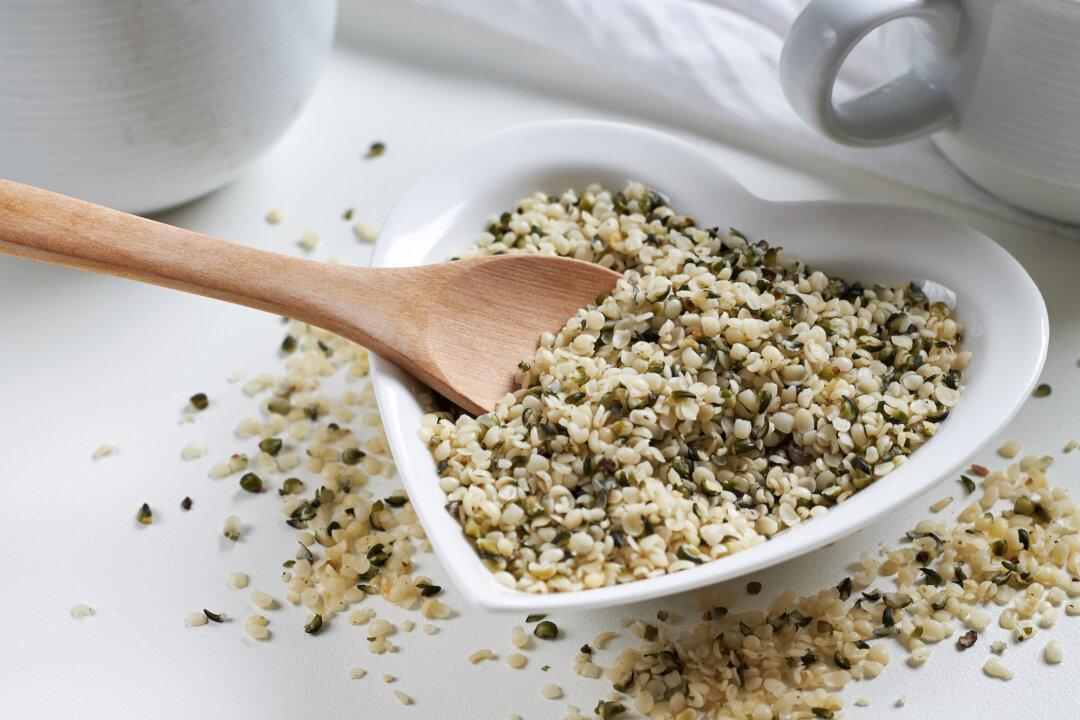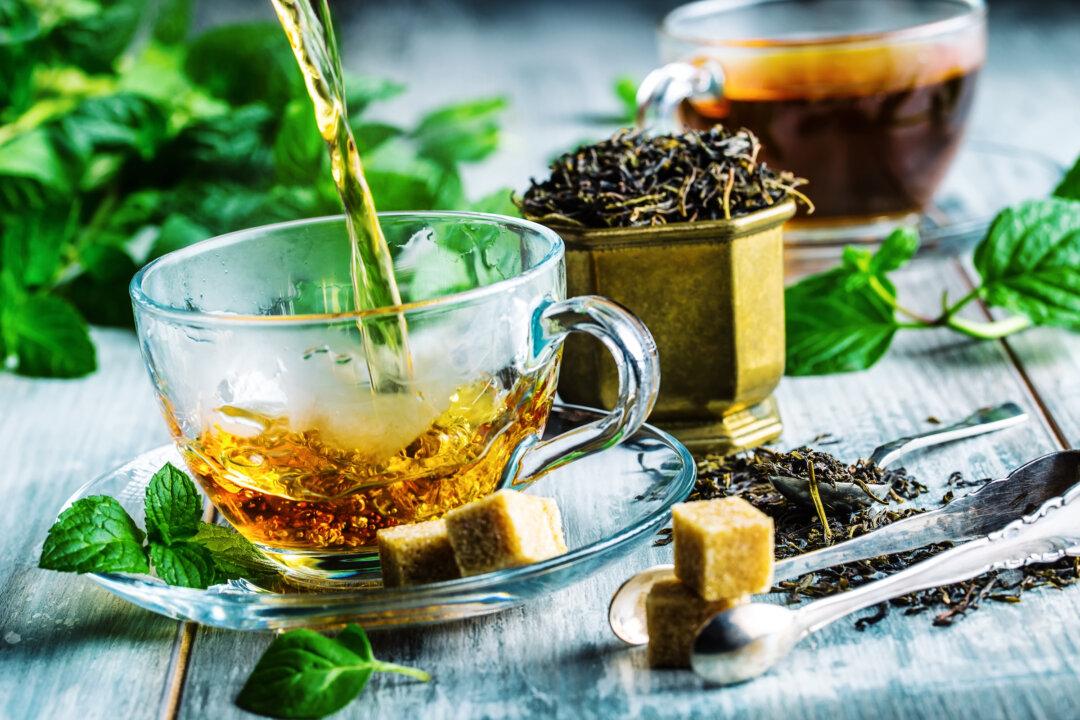Stress seems to be built into our daily lives, whether created by looming work deadlines, nerve-wracking traffic jams, or the never-ending demands of parenthood. And for many, this stress is heralded by the blooming of a tension headache.

If we can focus ourselves to send mindful energy toward the pain, it is often a way to help the body to heal itself.
|Updated:




